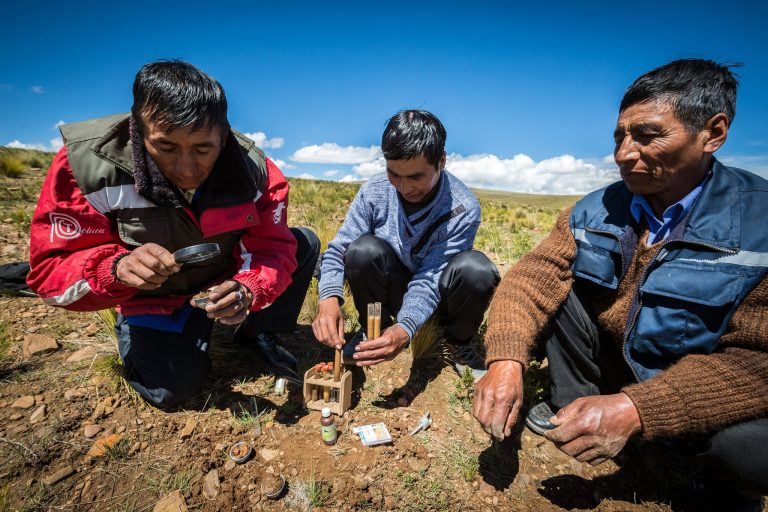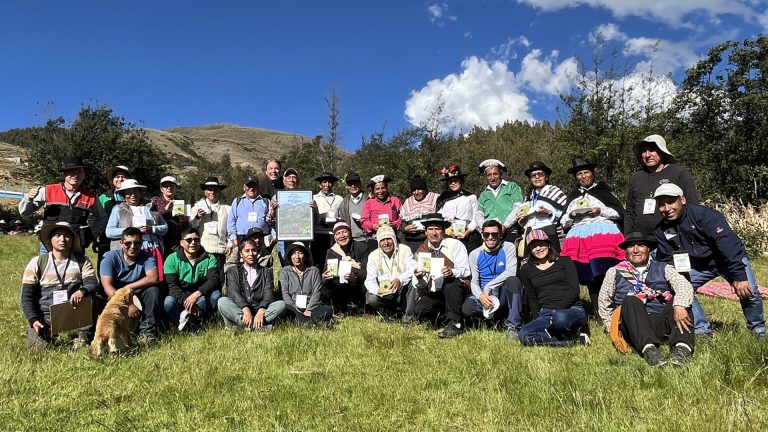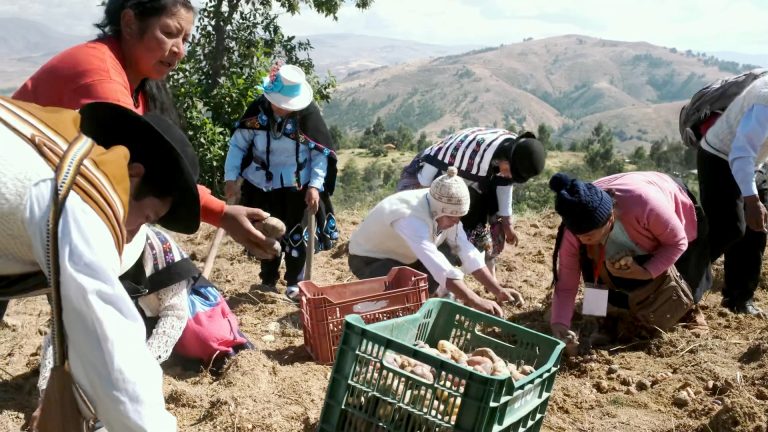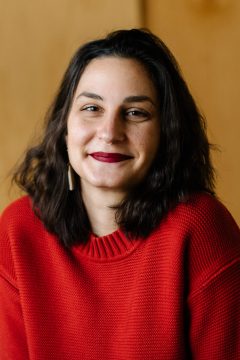Practicing the Future of Agricultural Research Together
We are excited to share the launch of our newly revamped CCRP.org! Through the site, we offer connection to more than 80 research projects, learnings across the program, and links to others engaged in creating ecological solutions through innovative research in agroecology.
Over three decades ago, the McKnight Foundation made a commitment to address global hunger by establishing an agricultural research program focused on plant biology. A key concern then was to reduce hunger while heeding environmental sustainability. That program evolved into today’s Collaborative Crop Research Program, which focuses on supporting agroecological research in 10 countries in Africa and South America.
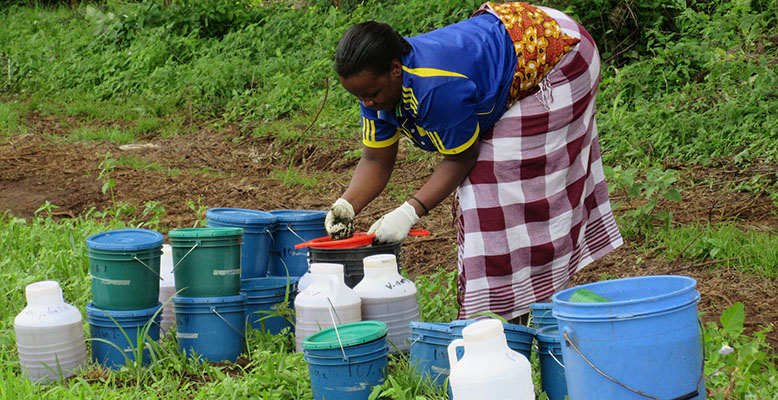
In 1982, when the Collaborative Crop Research Program was established—pre-internet—people across the world communicated by airmail letter, and long distance phone calls cost six dollars a minute. Today, 37 years later, we can connect to the world instantly through digital communications. Given what is now possible, we decided to invest in revamping the ccrp.org site to more rapidly and efficiently spread our ideas and ideals. Among the features of our new site, we encourage you to check out:
- our Resource Library, a collection of highly searchable publications, videos, articles, stories, and other kinds of resources emerging from CCRP investments and partnerships
- our Grant Projects, a place to peruse our diverse portfolio of agroecological research projects. Here you can learn more about the people, places, and progress of the CCRP’s regional communities of practice (CoPs).
- our News & Updates, to see the latest happenings of the projects, regions, and program
“Our aim is ultimately about creating a new world to enable local farmers to feed their families and communities in a way that benefits them all socially, economically, and environmentally.”― JANE MALAND CADY, INTERNATIONAL PROGRAM DIRECTOR
Back in 1982, this instant connectivity may have seemed like science fiction. Now, as we contemplate the next 30 years, we can imagine scenarios for addressing world hunger and preserving our planet.
One of my favorite authors, Adrienne Maree Brown, sees science fiction as “a way to practice the future together.” She writes, “I suspect that is what many of you are up to, practicing futures together, practicing justice together, living into new stories. It is our right and responsibility to create a new world.”
The notion of practicing futures together and living into new stories resonates with the work we support in the CCRP. Our aim is ultimately about creating a new world—together with farmers, scientists, local nonprofits, extension, and consumers—to enable local farmers to feed their families and communities in a way that benefits them all socially, economically, and environmentally.
The CCRP’s focus on agroecological research is central to co-creating this new and urgent future. Recent global reports from United Nations Climate Change (UNFCC), International Panel on Climate Change (IPCC), and Intergovernmental Science-Policy Platform on Biodiversity and Ecosystem Services (IPBES) clearly detail the urgency of addressing climate change and biodiversity loss. These reports—as well as others—call for agricultural and food systems practices that align with agroecology. Many continue to point to agroecology as a key contributing solution to many issues facing the planet, from climate change, biodiversity preservation, and rural revitalization to more equitable economic systems and active and engaged individuals. Prominent global organizations such as the United National Food and Agriculture Organization (FAO) are embracing an influential initiative to scale agroecology, and the McKnight Foundation is working hand in hand with many at the forefront of this ambitious and unprecedented undertaking.
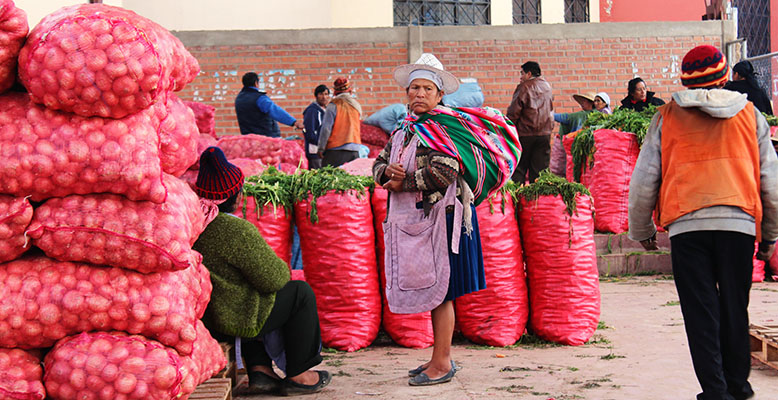
McKnight is a place-based funder that has a deep commitment to addressing racial equity in Minnesota, climate change in the Midwest, and food systems in parts of Africa and South America. Thus, McKnight thinks deeply about how the work on the ground in communities and farms can connect to others locally, regionally, nationally, and globally. Those connections are part of practicing a future together. Through our new website, we aim to showcase the individual and collective efforts of our research partners, illustrating how themes and learnings connect across the program. These efforts have ripple effects on global dialogues and alliances, forming a joint commitment to creating food systems that are good for the planet and the people that live and thrive on it.
It may be a tall order, but it is an imperative one. As we work together to create more equitable and ecological solutions in our food systems, CCRP.org is here to contribute to practicing that future together.
